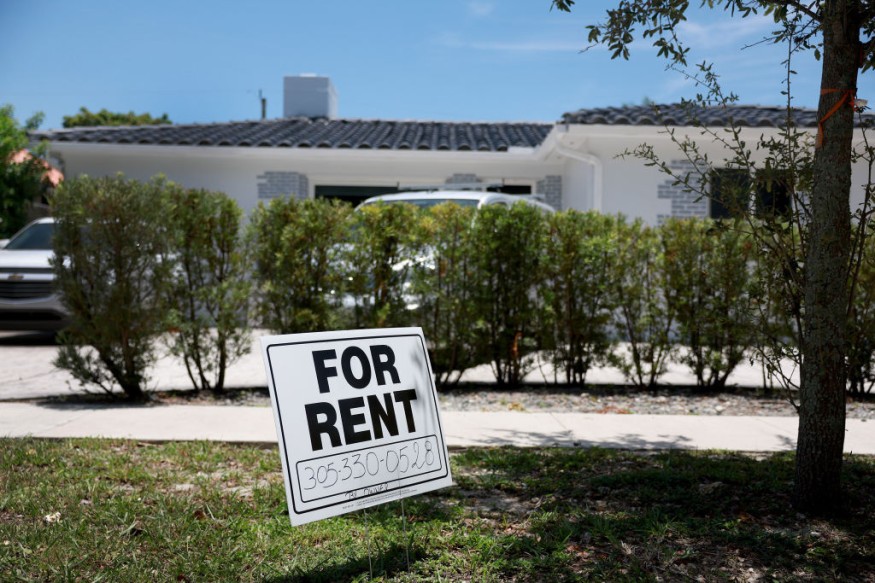
Are you considering investing in a long-term rental property to expand your real estate portfolio and generate income? When you're searching for the right real estate to purchase, there are plenty of things to consider that determine the rental property's performance and success.
Real estate is a tough industry, especially if you're a first-time investor. That's why we created a list of five key factors to consider when searching for the right investment property.
1. Neighborhood
When it comes to investing in rental properties, location is the first factor to consider. Where your property is located will determine the type of tenants you attract, the amount of rent you charge, and your vacancy rate.
For instance, if you invest in a rental property near modes of transportation or an area with interstate access, you're more likely to get working applicants who commute to their jobs. If your rental is closer to schools, you could attract students who only rent during the school year.
2. Safety and Crime
When you have a location in mind, it's time to check the area's crime rate. No one wants to live near a hot spot of criminal activity, even if rent is cheap.
There are a number of ways to check the crime rate in the neighborhood, including visiting online state and municipal websites, the local police, and the public library. You could also ask other residents in the area about the frequency of police presence in the neighborhood.
3. Vacancies
If a neighborhood has an unusually high number of vacancies, you might want to consider looking elsewhere. An area that has a high number of listings may be under a seasonal cycle or in decline. This leads landlords to lower their rent prices to attract tenants.
4. Job Market and Development
Locations with growing employment opportunities are the prime spots for rental property investors. Purchasing real estate in an area with a good job market means you'll likely see workers in search of a place to live, especially if major companies are planning to move to the neighborhood.
To check how a neighborhood rates for job availability, you can try the U.S. Bureau of Labor Statistics (BLS) or the local library.
5. Insurance
There are things outside the owner's control that may affect the property's location, including floods and earthquakes. If an area is prone to natural disasters, you may need to pay higher insurance premiums, which will chip away at your rental income.



